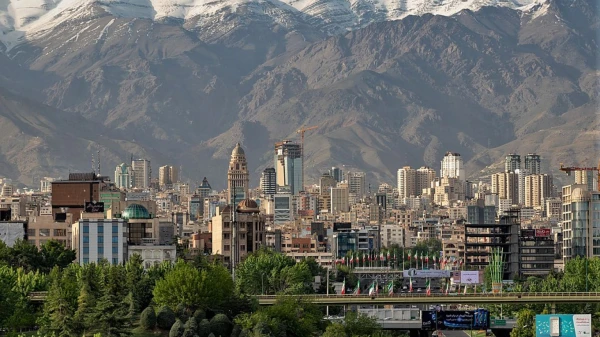
The current crisis in the Iranian capital is anthropogenic in nature.
Iranian authorities are considering the possibility of evacuating residents of Tehran amid a catastrophic drought, described as the worst in the last six decades. President Masoud Pezeshkian stated that if it does not rain soon, water supply in the capital will have to be restricted; however, even such a step, he said, may prove useless. "If rationing does not work, we may have to evacuate Tehran," he warned (his words are quoted by BBC).
Currently, due to the drought, nighttime water outages are in effect in Iran. The water supply to the capital region depends on five dams, which, according to authorities, are in critical condition. The situation is no better in Mashhad, the second-largest city in the country. There, water reserves in the four dams supplying the city have dropped to 3%.
Researchers from Concordia University (Montreal) and the University of California, Irvine, believe that the current crisis is anthropogenic in nature. The scientists argue that decades of mismanagement of water resources, including mass dam construction, unjustified drilling of wells, and agricultural inefficiency, have led to the catastrophic situation, while the abnormal heat has only exacerbated the problem.
Kave Madani, director of the United Nations University Institute for Water Resources, confirmed in a comment to Fox News that the crisis "did not arise overnight." According to him, experts have been warning the government for years about the impending disaster. Madani noted that the onset of "day zero," when taps in Tehran and other cities run dry, will create national security threats "that even the country's enemies would not wish for," and could negatively impact the development of Iran's nuclear program.






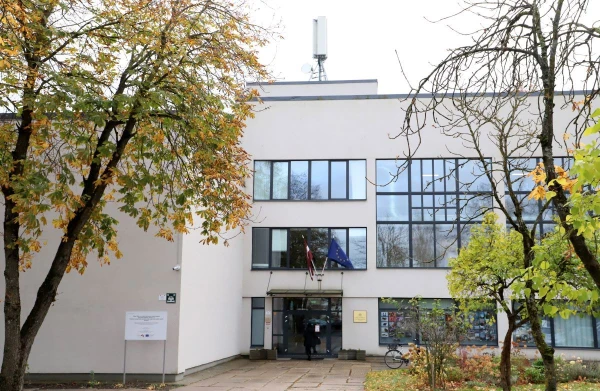
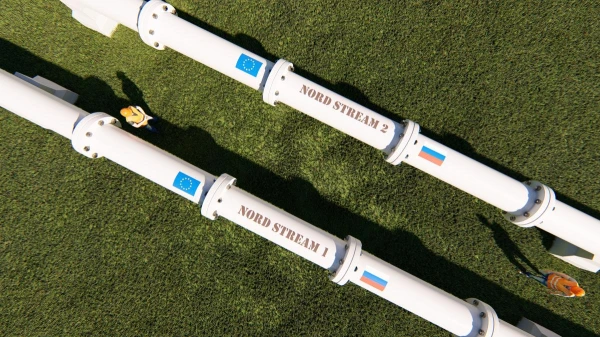



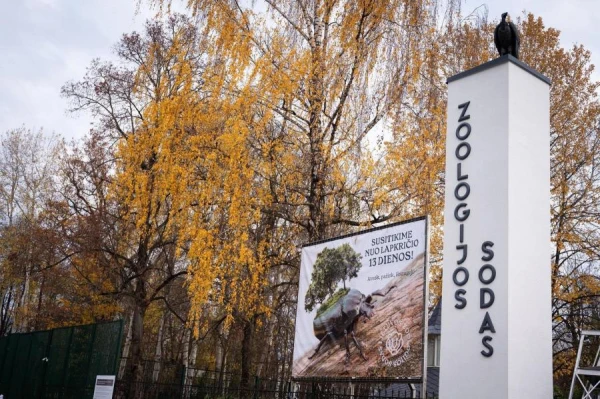

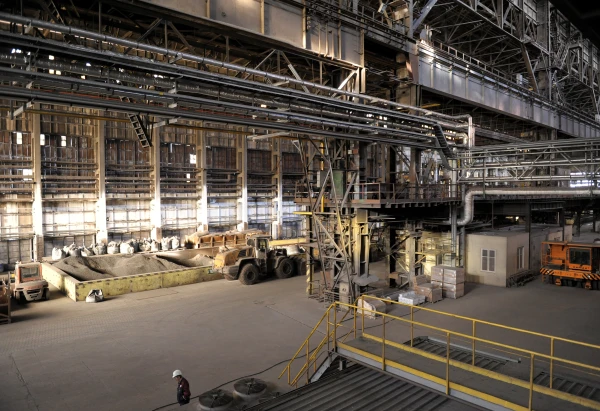

Leave a comment